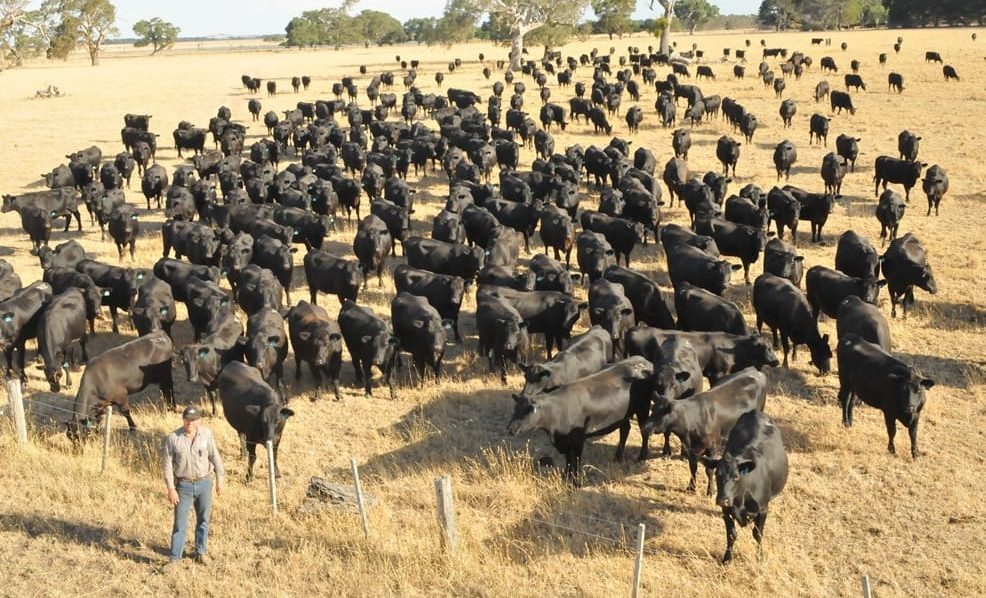Elon Musk labels Australian government ‘fascists’ over new misinformation law

- by Admin
- September 13, 2024

Elon Musk, the owner of X (formerly Twitter), took aim at Australia’s government on Friday (September 13), calling them “fascists” over a proposed law aimed at penalising social media companies that fail to control the spread of misinformation.
On Thursday, Australia’s Labor government introduced a bill that allows the regulators to fine online platforms up to 5% of their global revenue if they allow misinformation to spread, as part of a global movement to regulate big tech companies.
The law would require social media platforms to implement rules to limit harmful false information. If a platform doesn’t comply, a regulator would step in, set its own standards, and impose fines for failure to meet them. Responding to a post on X about the proposed law, Musk wrote just one word: “Fascists.”
A spokesperson for Communications Minister Michelle Rowland emphasised that companies operating in Australia are required to follow Australian laws. “This bill improves the transparency and accountability of platforms for users and the Australian people,” Rowland told Reuters.
Bill Shorten, the Government Services Minister, took aim at Musk for shifting stance on free speech. “Elon Musk’s had more positions on free speech than the Kama Sutra. When it’s in its commercial interests, he is the champion of free speech and when he doesn’t like it … he’s going to shut it all down,” Shorten said on Channel Nine.
This isn’t the first time Musk had tensions with the Australian government. In April, X went to court to fight a ruling by a cyber regulator that ordered the removal of certain posts regarding the stabbing of a bishop in Sydney. Prime Minister Anthony Albanese had referred to Musk as an “arrogant billionaire” during that incident.
The regulator eventually dropped its case after a setback in federal court. X had restricted access to the posts within Australia but did not take them down globally, arguing that no single country should dictate rules for the entire internet.
(With inputs from agencies)
The Latest News
-
December 22, 2024India boycott press match after media battles
-
December 22, 2024Australian Open runner-up Zheng out of United Cup
-
December 22, 2024Nick Kyrgios results: Australian defeated in long-awaited comeback | Sporting News Australia
-
December 22, 2024China’s Olympic medallist Zheng to skip United Cup to stay fresh for Australian Open
-
December 22, 2024Zheng Qinwen to Kick Off 2025 Season at Australian Open | Sports-Games





